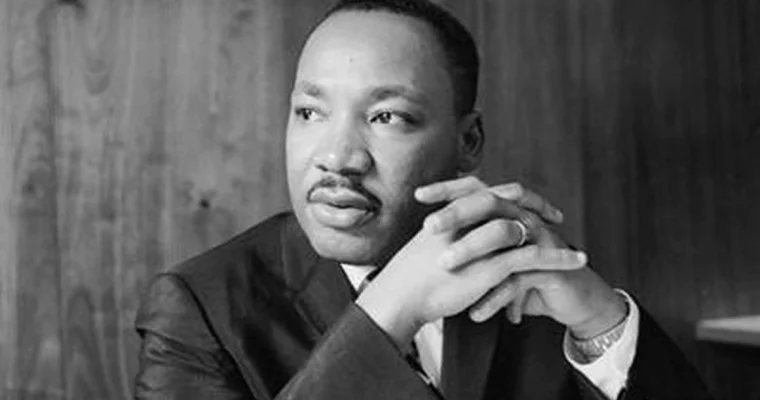MLK Vs. Socrates: A philosophical evaluation of Civil Disobedience
Last class, we had a great discussion regarding the Platonic dialogue, “Crito” as an examination of Reason. However through the course of that conversation, we examined Socrates’ arguments rationalizing his decision to accept his punishment of death. Plato writes: “It is not just for you …



